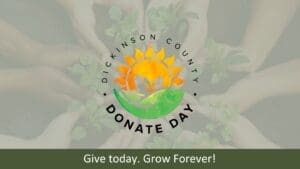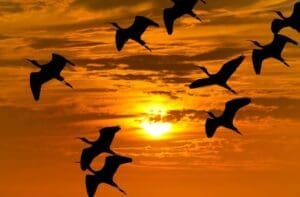Manhattan, Kan. — June is the time when many vegetable crops can begin to be harvested from the home garden. Kansas State University horticulture expert Ward Upham shares a few care reminders for common garden crops.
Harvesting New Potatoes
Upham said this time of year is usually when new potatoes are best harvested.
“New potatoes are immature and should be about the size of walnuts,” he said. “Pull soil away from the base of the plants to see if the tubers are the desired size.”
If the tubers are the right size – and after the entire plant has been dug up – Upham said one key to a successful harvest is to leave the plant exposed to sunlight for several hours so that the skins can dry. This will prevent the young potatoes’ tender skin from “slipping,” he said..
Fertilizing Tomatoes
“Though tomatoes need to be fertilized to yield well, too much nitrogen can result in large plants with little to no fruit,” Upham said. “Tomatoes should be fertilized before planting and side-dressed with a nitrogen fertilizer three times during the season.”
Upham said the first side-dressing should go down 1-2 weeks before the first tomato ripens, and the second side-dressing should be applied two weeks after the first tomato ripens. The third side-dressing should then be applied a month after the second tomato ripens.
Upham said recommended fertilizers for tomatoes include nitrate of soda, blood meal, urea and ammonium sulfate. The recommended application rates include:
- Nitrate of soda: (16-0-0) 2/3 pounds or 1.5 cups per 30 feet of row.
- Blood meal: (12-1.5-6) 14 ounces or 1.75 cups per 30 feet of row.
- Urea: (46-0-0) 4 ounces or 1.5 cup per 30 feet row.
- Ammonium sulfate: (21-0-0) 0.5 pounds or 1 cup per 30 feet row.
Upham and his colleagues in K-State’s Department of Horticulture and Natural Resources produce a weekly Horticulture Newsletter with tips for maintaining home landscapes. The newsletter is available to view online or can be delivered by email each week.
Interested persons can also send their garden- and yard-related questions to Upham at wupham@ksu.edu, or contact your local K-State Research and Extension office.












